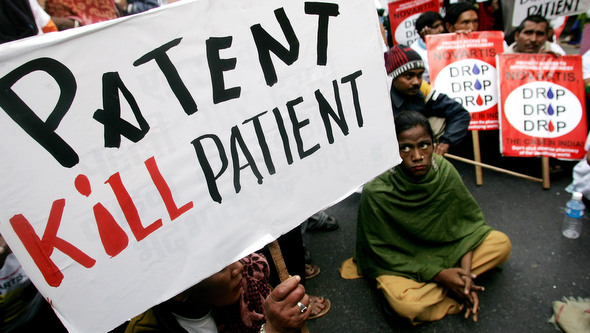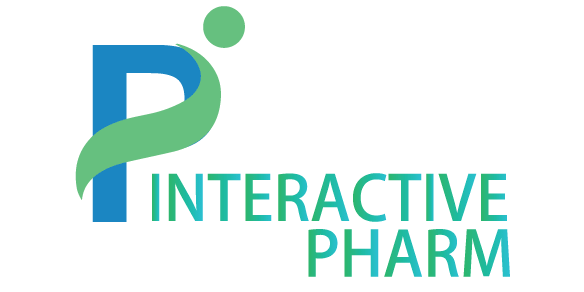
NOVARTIS spent nearly 15 years seeking a patent in India for Glivec, a medicine for chronic myeloid leukemia. That quest reached its dead end, at last, on April 1st. India’s Supreme Court rejected the Swiss drugmaker’s patent application. Glivec (marketed in America as “Gleevec”) is a blockbuster, earning the Swiss drugmaker $4.7 billion last year. Its prospects in India are now zilch. The case was watched closely by virtually everyone with an interest in selling medicines or benefiting from them, including drug firms, trade officials and patient advocates. Drug companies, facing paltry growth in rich countries, want to sell medicines to developing ones where demand for new drugs is rising along with rates of chronic disease. But governments are keen to boost their own pharmaceutical firms and are wary of patented drugs’ high costs. As a result, brawls over patent protections and prices have broken out from Brazil to Thailand. The fight is particularly fraught in India. It has the world’s biggest generics industry, an adolescent patent law, growing demand for medicines and an inability to pay for all of them. PwC, a consultancy, expects Indian drug sales to grow from $16 billion in 2011 to $49 billion by 2020. Nearly three quarters of the sales come from generic drugs, and this is unlikely to change, reckons PwC. The Supreme Court ruling, and another one last month, help to explain why. Innovative drug companies have faced two key questions in India. First, will India’s young patent regime, in place since 2005, provide the same protection as those in America and Europe? Second, will Indian regulators tolerate high drug prices? The answer to both questions seems to be “no”. The Supreme Court defended India’s right to deny patents to incremental improvements. It ruled that Glivec was merely a new form of an older drug and did not constitute a patentable invention. “This is a huge relief,” said Unni Karunakara, the president of Médecins Sans Frontières, which cares for patients in poor countries. Novartis is less pleased, declaring that the ruling “discourages future innovation in India.” The April ruling follows another by an Indian appeals board in March. In that case, the board upheld a decision to let Natco, a generic drugmaker, sell copies of Bayer’s patented kidney-cancer drug Nexavar. Bayer had not made the drug available to Indians at a sufficiently low price. With these rulings, India has become the most extreme case of a problem plaguing Big Pharma from Berlin to Beijing: how to convince governments and consumers to pay for their drugs. Some companies will continue to seek high prices for worthy medicines. Others may chase sales by lowering prices to boost volumes. Either strategy will carry risks.


